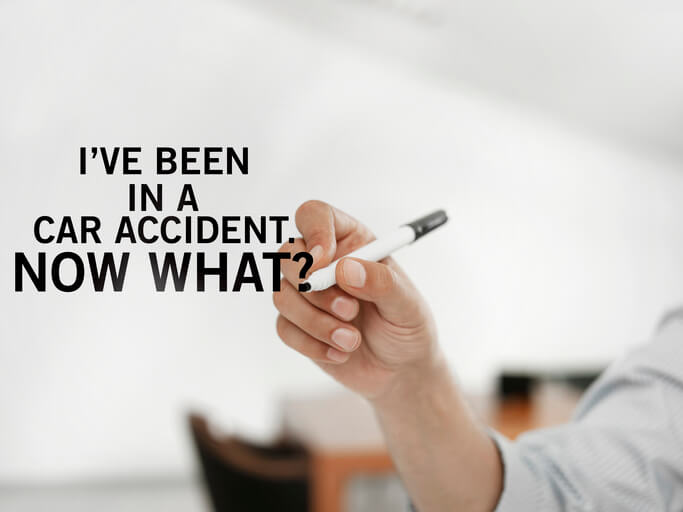Got into a minor fender bender? Don’t panic—this guide will walk you through exactly how to handle insurance the right way, step by step.
Whether it happened in a crowded parking lot, at a red light, or while parallel parking on a narrow street, fender benders are part of the driving experience. They’re frustrating, sure—but they don’t have to become a bigger headache than they need to be.
Here’s everything you need to know about handling insurance after a low-impact accident.
First Things First: What Is a Fender Bender?
A fender bender is a minor car accident, usually at low speeds, resulting in minor damages—think: dents, scratches, or cracked bumpers. These collisions typically happen in traffic, driveways, parking lots, or at stop signs.
Good news: most fender benders don’t result in injuries or significant vehicle damage, but they still need to be reported correctly to your insurance company.
Step-by-Step: What to Do After a Minor Accident
Make Sure Everyone’s Safe
Even in minor accidents, safety is always the top priority. Pull over to a safe spot and turn on your hazard lights.
❗ Pro Tip: Even if the damage appears minor, remain calm and check yourself and your passengers for injuries. Adrenaline can mask pain.
Document Everything
Use your phone to take photos of:
- All vehicles involved (from multiple angles)
- License plates
- Any visible damage
- The location (road signs, intersections, parking lot layout)
- Driver’s license and insurance info
📷 The more detailed your documentation, the easier it is to support your version of events.
Exchange Information
Be polite but brief and collect the following:
- Full name and contact info
- Driver’s license number
- License plate number
- Insurance company and policy number
- Make, model, and year of each vehicle
🤝 Skip assigning blame on the scene. Let the insurance companies sort that out.
Report the Accident
Even if the other driver suggests, “Let’s just handle it without insurance,” it’s almost always better to report the incident.
Depending on your state:
- Some states require police reports for any accident.
- Others allow you to self-report through a DMV form if damage exceeds a certain dollar amount.
Call your insurer ASAP or use your carrier’s mobile app to file a claim.
🧾 Will a Fender Bender Raise My Insurance Rates?
It depends on:
- Who was at fault (your insurer might forgive the first accident)
- Your claims history
- The severity of the damage
Even if you’re not at fault, your premium might increase depending on state laws and your policy. That’s why defensive driving courses (like the ones we offer 👋) can help offset premium hikes with discounts.
🧠 Rule of thumb: If the damage could cost more than your deductible—or could lead to a lawsuit—go through insurance.
What If There’s a Delayed Injury?
Sometimes soreness or pain doesn’t appear until hours or even days later. If you experience whiplash, back pain, or other symptoms after a minor accident:
- Seek medical attention
- Let your insurance provider know
- Document all treatment and expenses
Even minor accidents can lead to soft tissue injuries, so it’s important not to dismiss symptoms too quickly.
Questions? We’ve got Answers
Do I have to report a minor accident to my insurance?
Yes, even if you don’t intend to file a claim. Failing to report could violate your policy terms—and could leave you uncovered if the other driver reports it first.
Can you file an insurance claim without a police report?
In many cases, yes. For minor accidents, insurers can often accept photo evidence and written statements. However, a police report strengthens your claim.
Should I file a claim if I hit a parked car and left a note?
Yes. You’re still responsible. Your insurance will likely cover property damage—and you’re showing good faith by reporting.
Final Thoughts: Stay Calm, Stay Covered
A fender bender isn’t the end of the world—it’s a bump in the road. How you handle it, though, can make a significant difference in your costs, coverage, and peace of mind.
By reporting the accident, collecting the correct info, and filing with your insurer the right way, you set yourself up for a smoother recovery—whether it’s fixing a bumper or avoiding insurance drama.
🚦 Bonus Tip:
Did you know that completing a state-approved defensive driving course can save you up to 10% on your car insurance for three years?
It’s fun, easy, and could come in handy the next time life throws a fender bender your way.

 Live Chat
Live Chat






